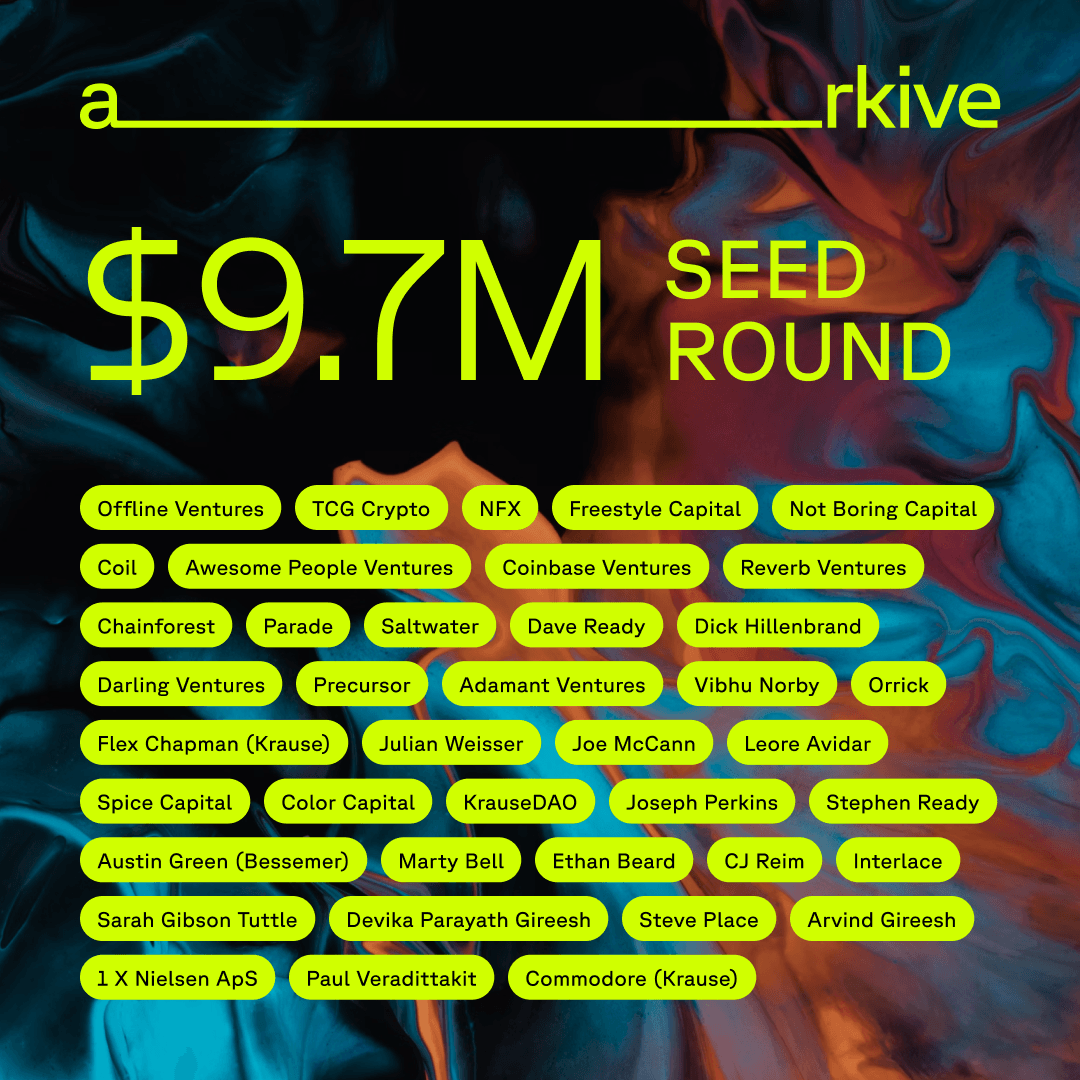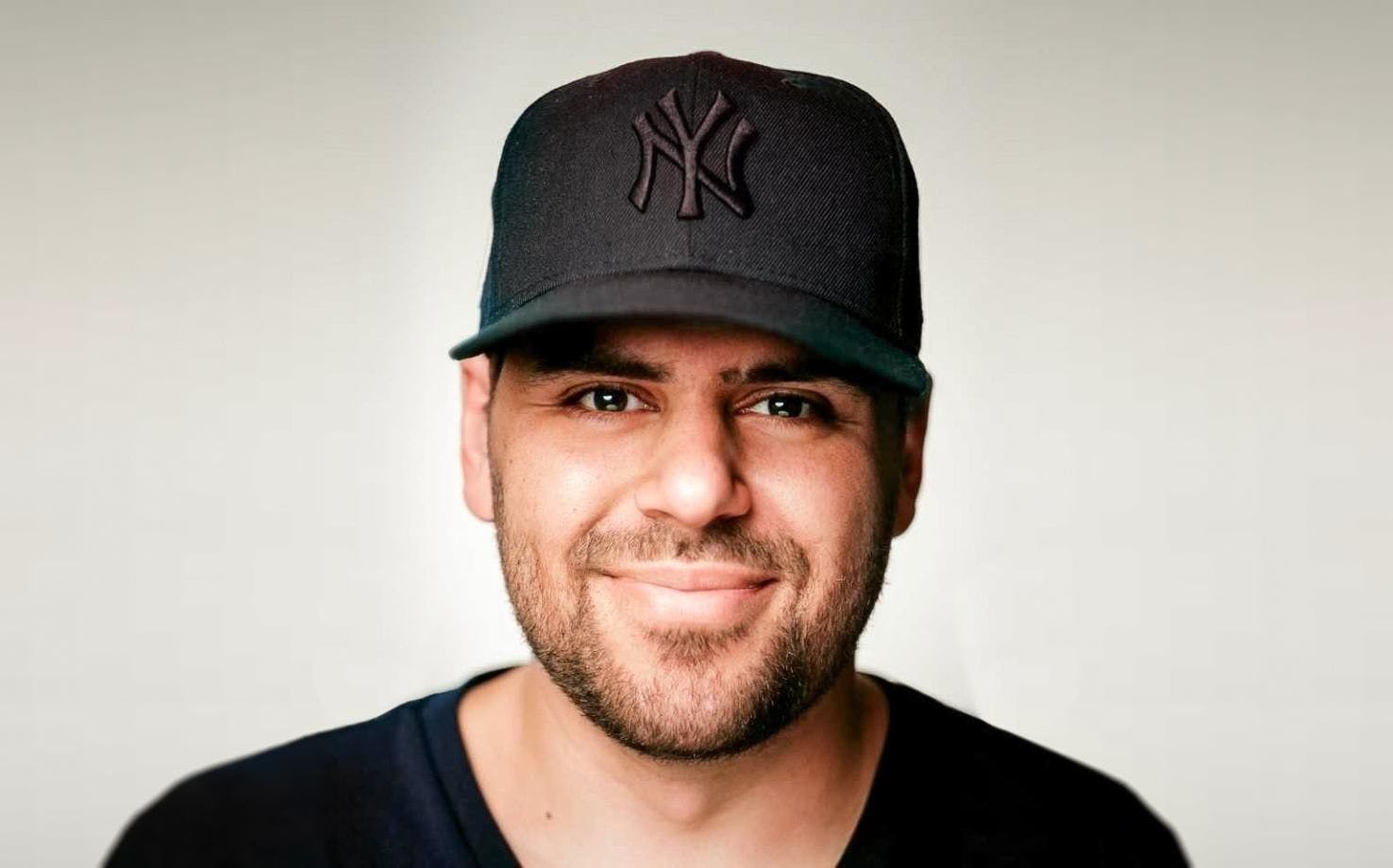Introducing Arkive


Since the first museum opened in 1693, these curated spaces have remained the arbiters of culture worldwide. From the Louvre in Paris to the National Palace Museum in Taipei to the Metropolitan Museum of Art in New York, museums have become some of the most iconic symbols of contemporary culture.
While many museums highlight and exemplify the works of everyday people, none have opened their doors to complete decentralization. Rather, museums have historically relied on curators, collectors, and benefactors to decide which artifacts are important and worthy of display. As a result, the history available for the public to experience is still largely determined by exclusion, and not inclusion.
Thanks to the proliferation of the internet and social media, the way culture is observed and defined has shifted a lot over the past two decades. Rather than relying on wealthy “taste-makers,” culture and trends are set by influencers and everyday people. Museum leadership is lacking in diversity while being tasked with curating culture. We believe curation can reflect a broader swath of socio-economic interests, while still maintaining the rigor and standards of quality upheld by the world's finest institutions.
During my time with Omni, situations arose that made me think: What if these warehouses were all just giant museums? The team was developing “Dropbox for physical items”, with the goal to catalog and store normal folks' low touch, high utility items. Think bikes and tents. Then one day, we received one of the original 30 year old Macintosh computers. These unique items kept appearing. Suddenly we found ourselves trying to figure out how to safely store people’s valuable collectible items. We had a Rembrandt etching, vintage comic books, sports cards in sealed slab cases, and lots of other incredible objects.
The solution we landed on was to create private secure vault areas for these artifacts – each vault was basically a little mini gallery. The main difference being, they were curated by the depth of interests of average people. A showcase for the genius of the commons. I couldn’t escape this nagging thought, what if we built a museum from the ground up?
Years later, I saw this idea replicated with NFTs – people started enshrining digital art in on-chain immortality. This shift in behavior made me realize everyone wants in on collecting and cultivating items of cultural significance. We don’t see this pattern ending, so now we’re inviting everyone to participate.
That’s why we created Arkive.
Introducing Arkive
After months of developing and growing Arkive in stealth, I couldn’t be more excited to unveil what we’ve been up to today. The first on-chain community of everyday people who want to curate, own and create culture. Arkive is opening access to the most exclusive asset class ever made: museums.
Leveraging a new down-up model, Arkive makes its members curators and empowers the community to define an item’s artistic and historical relevance and place in culture. Eventually, the history of items will be transferred to non-fungible tokens (NFTs) that replace, store and manage all provenance, authentication, quality, and condition on the blockchain.
At Arkive, we believe that artifacts, as representations of culture, belong to the world. Our definition of how culture is exhibited, accessed, and celebrated should reflect that. Beyond digital assets, Arkive marks a new era bridging real-world assets online.
Our community's first acquisition is the patent for the ENIAC, the world’s first programmable, electronic, general-purpose computer. The patent will be displayed via our traveling exhibition in late 2022 before entering into long-term residency at a prominent computing history museum selected by our members.
What’s Next
In addition to launching out of stealth, I’m proud to share that we've raised $9.7M in funding led by Offline Ventures and TCG Crypto with participation from NFX, Freestyle Capital, Coinbase Ventures, Not Boring Capital, Precursor, Chainforest, Coil, Julia Lipton, Joe McCann, Chris Cantino, Marty Bell, Paul Veradittakit and many others. These funds will be used to expand our team and create a world-class experience for our community.
In the meantime, we are currently taking applications for the first 1,000 Arkive members. As an Alpha member, you will have curatorial power, first inline to IRL and digital experiences, and early access to Arkive’s future NFT-based membership, and digital drops. If you’re interested, apply here.
I couldn’t be more excited to welcome you to our new platform to foster culture through conversation, community, and collections. To learn more about Arkive, check out Steven Melendez's article in Fast Company where I dive into everything from our inspiration to what’s next.

